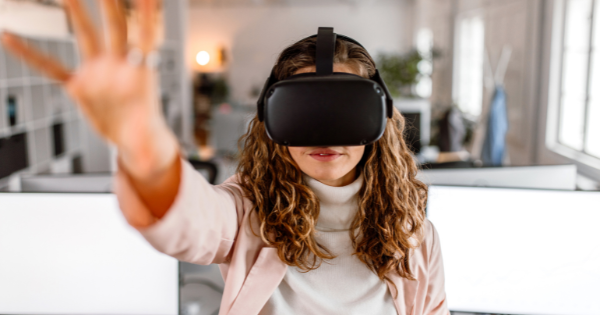I spent an hour before retiring one night by reading a book about silence. These words caused me to reflect on the sounds that follow silence – and I began to type this “written account.” When I was a child, I grew up in Queens, one of the five boroughs of New York City. Our tiny backyard was fifty yards from “an elevated line,” which is a train track that is approximately three stories tall; it traveled many miles from Brooklyn to Queens. When my family first moved to this area, I was awakened by the train’s sounds passing my home every ten minutes. Within a short period of time, I no longer heard the sounds of the passing trains and slept “like a baby.” Strange how I never realized this before that evening.
As a young man serving in the US Army in Vietnam, I was exposed to the loud explosions of enemy mortar, our own artillery, Air Force bombs being dropped near our positions, the sounds of small arms, machine guns, and hand grenades. I was exposed to such a degree that I now have impairment of my upper levels of hearing. I was so tired one night that I slept through a rocket attack, never going to the protected area. My dog was wounded by shrapnel as she slept at the foot of my cot. Once again, I had learned to endure sounds and to block them from disturbing my sleep.
Ten years later, as a young married man and a new father, surprisingly, I could always hear the cries of my children; I did not necessarily hear the comments of my wife. One evening, as she spoke to me, I was responding with some noncommittal grunt, and then she asked, “What did I just say?” Terror of sorts confronted me as I knew she had discovered that I had been humoring her. I was hearing but not listening. Incidentally, and with some timeless irony, she now does the same to me. The surgeons with whom I have operated for the last 46 years played loud rock music in the OR during surgery, and of course, true to form, I have shut off my hearing and couldn’t tell you if I listened to a male or female, no less which group.
The ability to hear without listening is a clever coping skill. It is not one that is consciously practiced but one that most people develop almost instinctively. The problem is that we can easily let this form of passive engagement go into “auto-pilot” during conferences, classes, and places of worship. The result is that we risk becoming hearers but not listeners, and this is very dangerous ground for the PA or NP. Why? Because we are responsible for fully listening to our patients and, unless we use the focus of concentration, we can lose the message that the patient is trying to communicate. We can miss the diagnosis. Or we can lose the special moment of illumination that enables us to read between the lines as a patient speaks and gives us a new insight that may alter our treatment plan. If we become prone to hearing and not fully listening – about medications, allergies, PMH or PSH – what information are we missing that can influence our ability to best treat our patients? What prescription have we just written, or order have we just dictated that has the ability to harm our patients? Our first concern is always to “Do No Harm.”
My message for this month is that you ask yourself whether you have, consciously or not, adopted this coping mechanism in your personal or professional lives? Then perhaps ask others, or learn through some introspection, whether you might be missing valuable information communicated by your patient. Danger can happen when you have a particularly chatty patient or one that resembles others that you have managed to avoid listening to in the past. Part of our responsibility is developing careful listening habits which we must then apply to reaching a diagnosis.
One important function of malpractice insurance is to protect you from yourself and from habits which may be forming in your life. Are you hearing, or are you listening? There is certainly never a down-side to listening. In fact, there may come a time in our lives when we will hunger for words that we can now, easily shut out; when the speaker of those words no longer breathes the same air or occupies the same space; your children moving on to their own adult lives or the death of a spouse. A genuine reflection on silence can yield a very rich appreciation of both hearing and listening.
So, my question to you is, are you listening or hearing? Will you make a decision that paves security for your entire career? Consider your personal legal protection and choose coverage from a healthcare specialist. Quality PA Professional Insurance is important to understand, easy to get, and provides the stable and individualized protection your career demands.
By Robert M. Blumm, PA, DFAAPA, PA-C Emeritus
PA Advisor to CM&F



